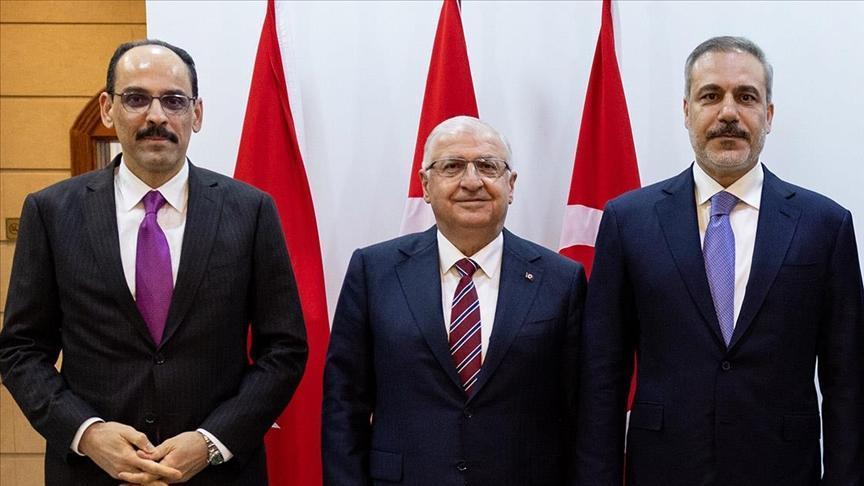How about earning $3.5 billion from waste?
Packaging, with increasing population and production, has diversified through centuries; but today, it is predominantly plastic. This makes us come face-to-face with a horrible environmental problem. The only solution is recycling.
Germany is the champion in separating and reclaiming with its 65 percent rate. Turkey, on the other hand, is burying 99 percent of its waste in dumping sites. It is a legal obligation to collect packaging waste from homes but because there is no sanction, the amount is very small. When they are collected in a mixture, separating them afterward becomes costly.
We are quite primitive on this aspect.
If we want to protect natural resources and the environment, this can only be possible with each of us separating our wastes at home. We need to make it a habit to separate our wastes at home. Since we do not change our habits very easily, we need clever incentives.
For instance, the southern province of Antalya’s Muratpaşa municipality has a wonderful “Environmental Neighbor Card” project. The municipality started the practice with women residents. It also distributed cards to the men living in those all-men households. Kids were also included in the project as “environmentalist heroes.”
The practice started in two pilot neighborhoods and then spread to 56 neighborhoods.
People started separating their waste at home, which later were converted into points in their “Environmental Neighbor Card.” With the uploaded points, card holders can shop from contracted markets; buy tickets from movie theaters or donate them as university scholarships. In other words, women, by separating their waste, contribute to the family budget as well as the economy of the country.
In 10 months, 60,031 cards have been distributed; 8,103 cards are actively used. Before the project only 400 kilos of packaging waste was collected monthly at the Memurevleri neighborhood; but after the environmental neighbor card, in October, only from households 15 tons of packaging waste had been collected.
The amount of separated waste collected from 8,103 active users in one year has reached 678,246 kilos.
Card holders hand in their separated waste to municipality officials that come to their streets or take them to waste collection centers. The waste is weighed and its worth is loaded as points in the card.
In one year, 157,210 Turkish Liras worth of points have been loaded to the Environmental Neighbor Cards, 92,000 liras of which were spent on 15 contracted markets and one movie theater.
With this project, not only nature and natural resources are being protected but at the same time the cost of collecting and separating is minimized; labor, time and fuel are saved. The municipality met with associations, suggested all collectors to form a company where all will have licenses.
The Environmental Neighbor Card contributes to raising awareness on environmental issues through women. Since the wastes are collected with small and electric vehicles, there is no carbon emission. Less space and less energy mean public benefit.
This has happened only in one town through a tiny incentive. Cutting down of 5,553 trees and the destruction of 29,000 square meters of forests have been prevented. Also, 2.5 million liters of water, 3 million khw electricity, 1 million liters of fuel, 49,000 kilos of iron, 33,000 kilos of coal and 2876 kilos from the limestone reserves have been saved.
If Turkey’s 81 provinces apply the Environmental Neighbor Card project, if people separate their wastes, then we can save from the paper, glass, metal and plastic we are currently importing and make our country gain $3.5 billion. Thus, lower our current account deficit by 10 percent.
This is actually not very difficult; it only needs a vision.











